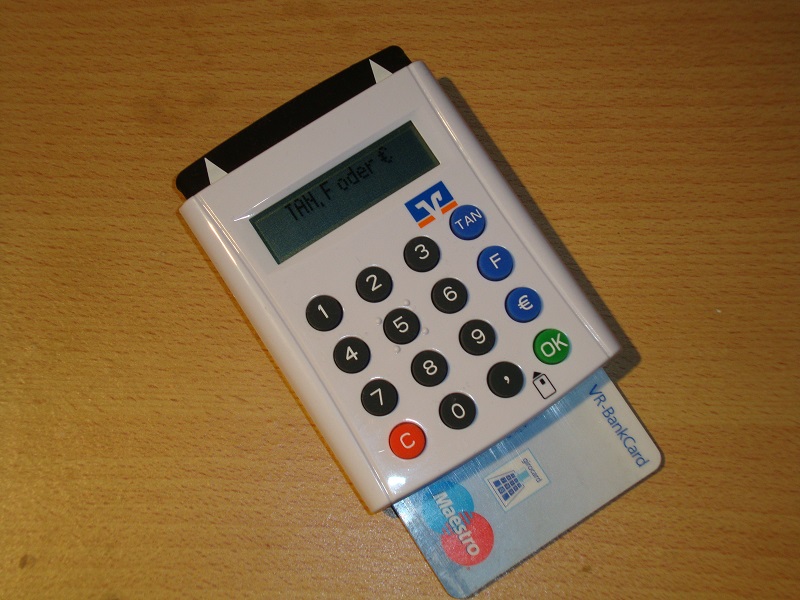Traditional banks have to innovate themselves if they want to remain relevant in this ever-changing landscape of finance. Closed down ecosystems do not communicate with each other, making the overall consumer experience clumsy and even annoying at times. But in The Netherlands, a new initiative has been approved to access several online services by logging into a user’s PC banking account.
Also read: Ledger Wallet Giveaway: Winner Announcements
PC Banking Credentials as Online Identification
While it may seem like a good idea to connect PC banking to other services, the actual implementation of this idea has to be executed properly. For the time being, this service for online identification will only be usable to access to the Dutch Taxation Authority Services portal, as well as an unnamed insurance company active in the country.
Creating this new online identification tool is a collaborative project between Dutch banks and the “Betaalvereniging Nederland” organization. The main benefit of creating this new “tool” is to bypass the need for customers to create separate logins, passwords, and authentication codes when accessing other online services.
Furthermore, the everyday consumer is in full control of submitting their PC banking credentials to access these other platforms. As this online identification protocol requires the consent of the end user, the system is designed to create a safer user experience when accessing other organizations. In the end, the user can determine how much – or how little – information they want to disclose to the third party.
There is a growing need for creating more secure services relying on digital identities. PC Banking ties customer records directly to their login, making it impossible to “game the system” with a fake profile. Insurance companies, for example, require a legal identification document to verify user credentials. An online identity linked to bank records can provide such a verification document, as the end user had to go through this process when opening a bank account.
A trial period of this new online identification system will roll out during Q1 of 2016. Several types of pilot programs are being prepared, and integration with other types of financial services is planned for later that year. Once customer feedback has been collected and evaluated, the plan is to expand this service to other online platforms – which may or may not be related to finance – as well.
Blockchain-based Identity Identification
While the collaborative effort between Dutch banks and Betaalvereniging Nederland is a commendable effort to improve security, it is by no means a perfect solution. In fact, using this type of online identification only strengthens the dominance traditional banks have over their customers, as it may become the only way to access other financial services.
Using a blockchain-based authentication system is a preferable solution. By using blockchain technology, there is no central authority in charge of keeping user information secure. Furthermore, blockchain technology can be used by people all over the world, and does not require a bank account to be used.
Considering how a fair amount of banks are looking into blockchain technology and its potential use cases, it could very well be a matter of time until this type of solution becomes available. That being said, the question remains whether or not this solution will be based on a private blockchain – belonging to the bank – or on the Bitcoin blockchain by building an additional layer on top of it.
What are your thoughts on this initiative? Do you see a future for blockchain-based authentication and identification solutions? Let us know in the comments below!
Source: Betaalvereniging (Dutch)
Images courtesy of Betaalvereniging, Shutterstock, Wikipedia
